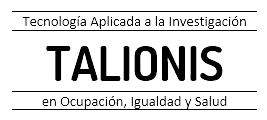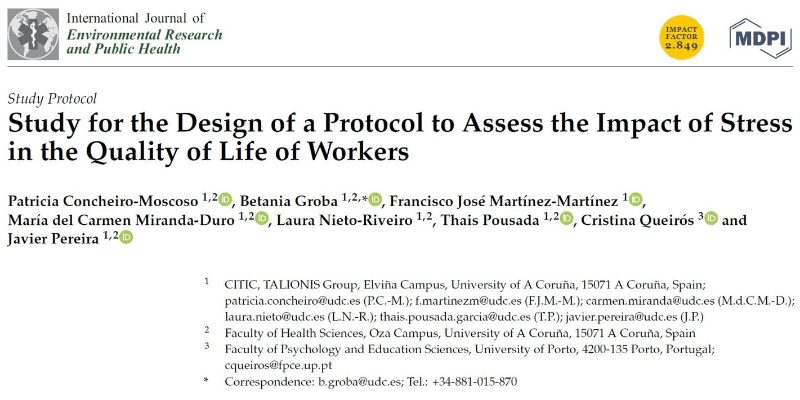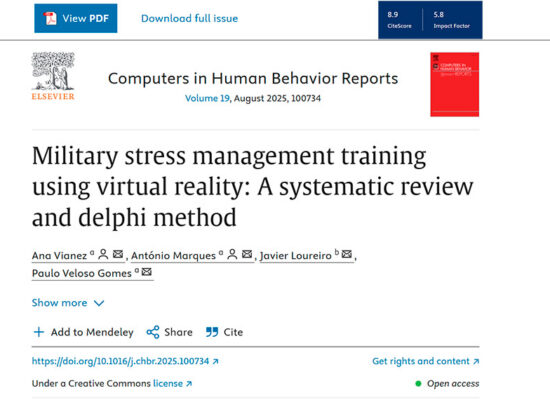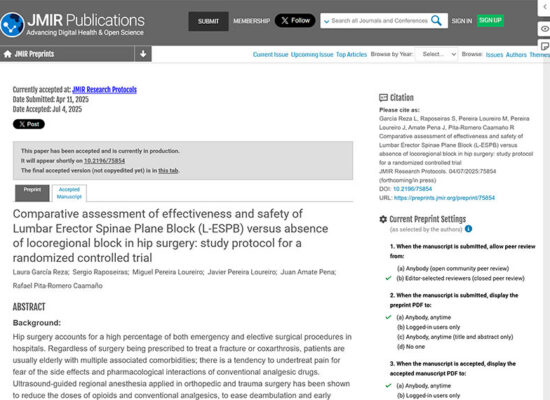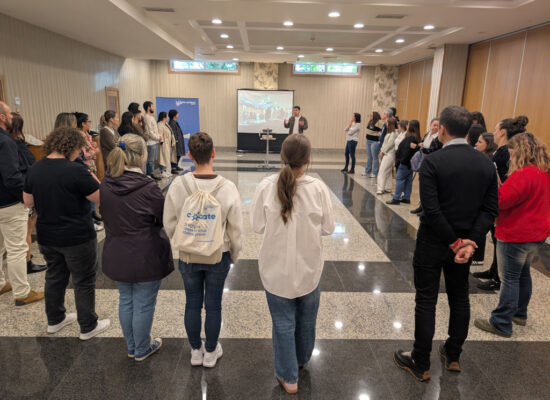Int. J. Environ. Res. Public Health 2021, 18(4), 1413; https://doi.org/10.3390/ijerph18041413
(1) Background: Work stress is one of the most relevant issues in public health. It has a significant impact on health, especially the development of mental disorders, causing occupational imbalance. There is a growing interest in the development of tools with a positive effect on workers. To this end, wearable technology is becoming increasingly popular, as it measures biometric variables like heartbeat, activity, and sleep. This information may be used to assess the stress a person is suffering, which could allow the development of stress coping strategies, both at a professional and personal level. (2) Methods: This paper describes an observational, analytical, and longitudinal study which will be set at a research center in A Coruña, Spain. Various scales and questionnaires will be filled in by the participants throughout the study. For the statistical analysis, specific methods will be used to evaluate the association between numerical and categorical variables. (3) Discussion: This study will lay the foundation for a bigger, more complete study to assess occupational stress in different work environments. This will allow us to begin to understand how occupational stress influences daily life activity and occupational balance, which could directly enhance the quality of life of workers if the necessary measures are taken.
The research team will bear all the economic costs involved in the study, with the support of the CITIC, as Research Center accredited by Galician University System that is funded by “Consellería de Cultura, Educación e Universidades from Xunta de Galicia,” which provided 80% of funds through ERDF Funds, ERDF Operational Programme Galicia 2014-2020, and the remaining 20% was provided by “Secretaría Xeral de Universidades [Grant ED431G 2019/01]. Moreover, Patricia Concheiro-Moscoso obtained a scholarship [Ref.ED481A-2019/069] and María del Carmen Miranda-Duro [Ref.ED481A 2018/205] gained a scholarship to develop a Ph.D.
